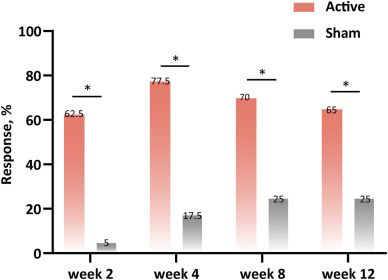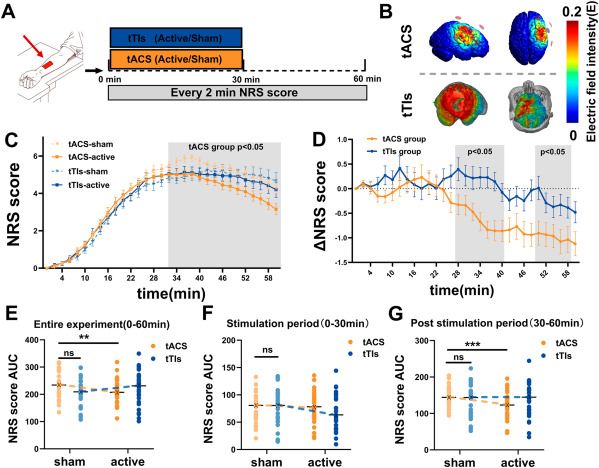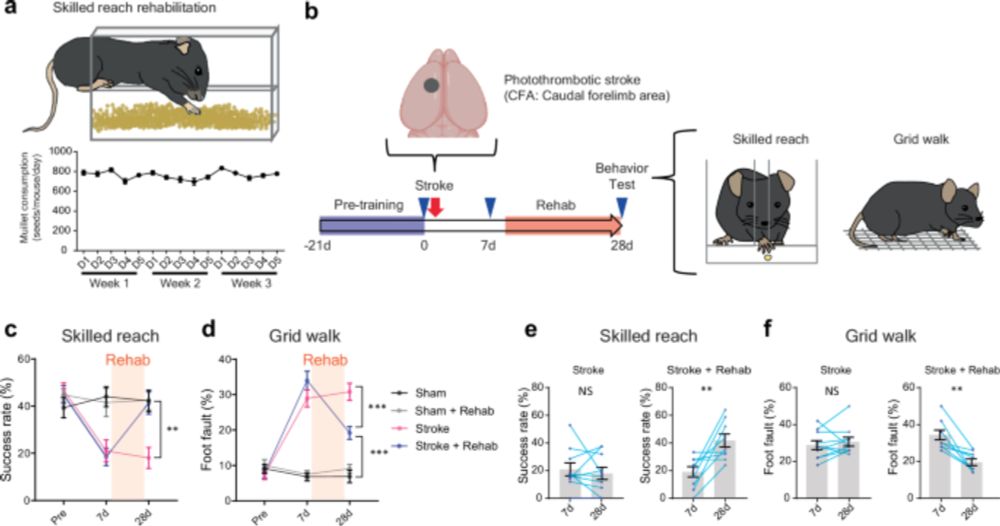www.brainstimjrnl.com/article/S193...

www.brainstimjrnl.com/article/S193...
www.brainstimjrnl.com/article/S193...
www.brainstimjrnl.com/article/S193...
www.brainstimjrnl.com/article/S193...

www.brainstimjrnl.com/article/S193...
journals.sagepub.com/doi/full/10....

journals.sagepub.com/doi/full/10....
Our new paper in
@NatureComms
reveals how parvalbumin (PV) interneurons regulate stroke recovery by enhancing network synchronization.
Read here: nature.com/articles/s41...
#Neuroscience #StrokeRecovery #BrainPlasticity

Our new paper in
@NatureComms
reveals how parvalbumin (PV) interneurons regulate stroke recovery by enhancing network synchronization.
Read here: nature.com/articles/s41...
#Neuroscience #StrokeRecovery #BrainPlasticity

journals.sagepub.com/doi/full/10....

journals.sagepub.com/doi/full/10....
For more info on professional development sessions, visit: www.asnr.com/i4a/pages/in...
#neurorehabilitation

For more info on professional development sessions, visit: www.asnr.com/i4a/pages/in...
#neurorehabilitation

